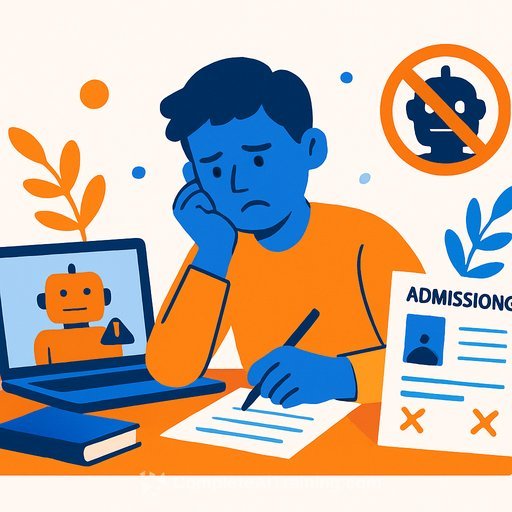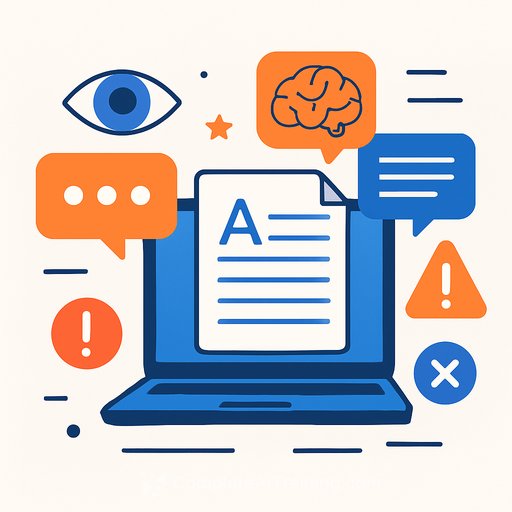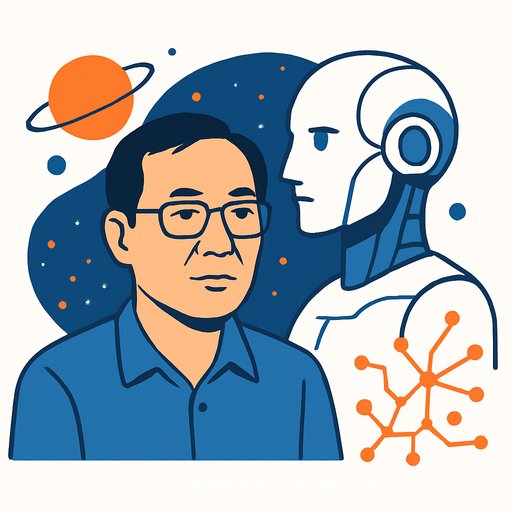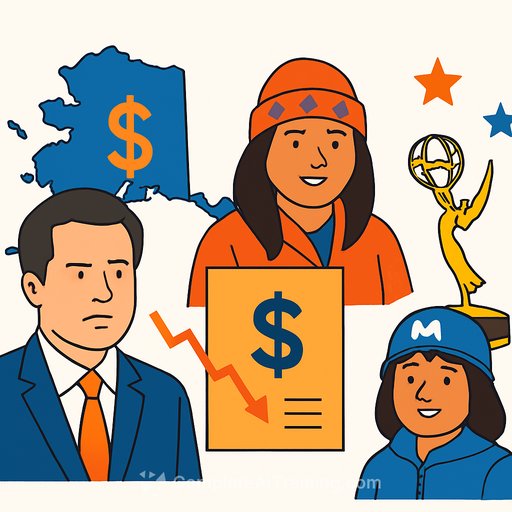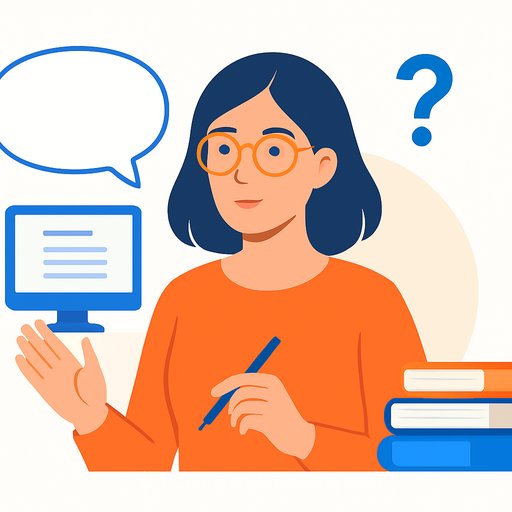AI can write your college essay, but it won't sound like you
Writers know voice is the asset. A new Cornell study confirms large language models struggle to imitate authentic, individual style-especially in high-stakes, personal writing like college admissions essays.
Across 30,000 human essays compared to outputs from eight popular models, the AI text came out generic, formulaic, and easy to spot-even when prompts included race, gender, and location.
What the study found
Researchers matched each human essay to AI responses generated by models from OpenAI, Meta, Anthropic, and Mistral using the same prompts. They then added personal attributes to see if models could adapt tone and detail.
Instead of rich narratives, the systems repeated prompt keywords and listed biographical facts in predictable patterns. A typical line looked like: "Growing up in [city], with my [heritage], I often felt like a bridge between two cultures." Clear, tidy, and unmistakably templated.
Ironically, giving the models more personal info often made the writing sound less human. The outputs leaned into cliché structure and safe, over-general statements.
Why this matters to writers
Style transfer is hard for LLMs. The study highlights poor steerability: you can prompt for persona, but you still get stock phrasing and structure. For any writing where identity, credibility, or character matters, full AI drafting is a liability.
Detection is also strong here. A classifier trained on these essays separated human from AI with near-perfect accuracy. If institutions look for AI-first drafts, they'll likely find them.
How to use AI without losing your voice
- Draft first, then edit with AI. Keep ideation and first pass human. Use AI for clarity, flow, and grammar-not the core narrative.
- Build a "voice file." Save your best paragraphs, turns of phrase, and personal stories. Feed short samples to AI for line-level suggestions, not full rewrites.
- Write scenes, not summaries. Use specific moments, sensory detail, and concrete outcomes. Replace abstractions with evidence.
- Constrain the tool. Ask for 3 headline options, a tighter topic sentence, or a stronger transition-not a full essay.
- Check policies and be transparent where required. Don't risk detection or violations over convenience.
- For admissions or personal statements: do real reflection. Free-write. Talk it out. Outline by hand. Then polish.
What experts said
"The admissions essay is an opportunity for applicants to offer a glimpse into who they are," said Rene Kizilcec. "Tools like ChatGPT can give solid feedback on writing… But asking for a full draft will yield a generic essay that just does not sound like any real applicant."
AJ Alvero added, "You want to sound as much like yourself-and only yourself-as possible. With AI tools, students might be shooting themselves in the foot inadvertently."
The research
The paper, "Poor Alignment and Steerability of Large Language Models: Evidence from College Admission Essays," will be presented Oct. 10 at the 2025 Conference on Language Modeling in Montreal. It's available on arXiv here: arXiv preprint.
For working writers: keep AI as an assistant, not the author
The takeaway is simple: AI is great for structural feedback and cleanup, weak at original voice. Keep the pen for anything that needs identity, taste, and lived experience.
If you want responsible ways to add AI to your workflow without flattening your style, explore curated tools and workflows for copywriters here: AI tools for copywriting.
Your membership also unlocks:

